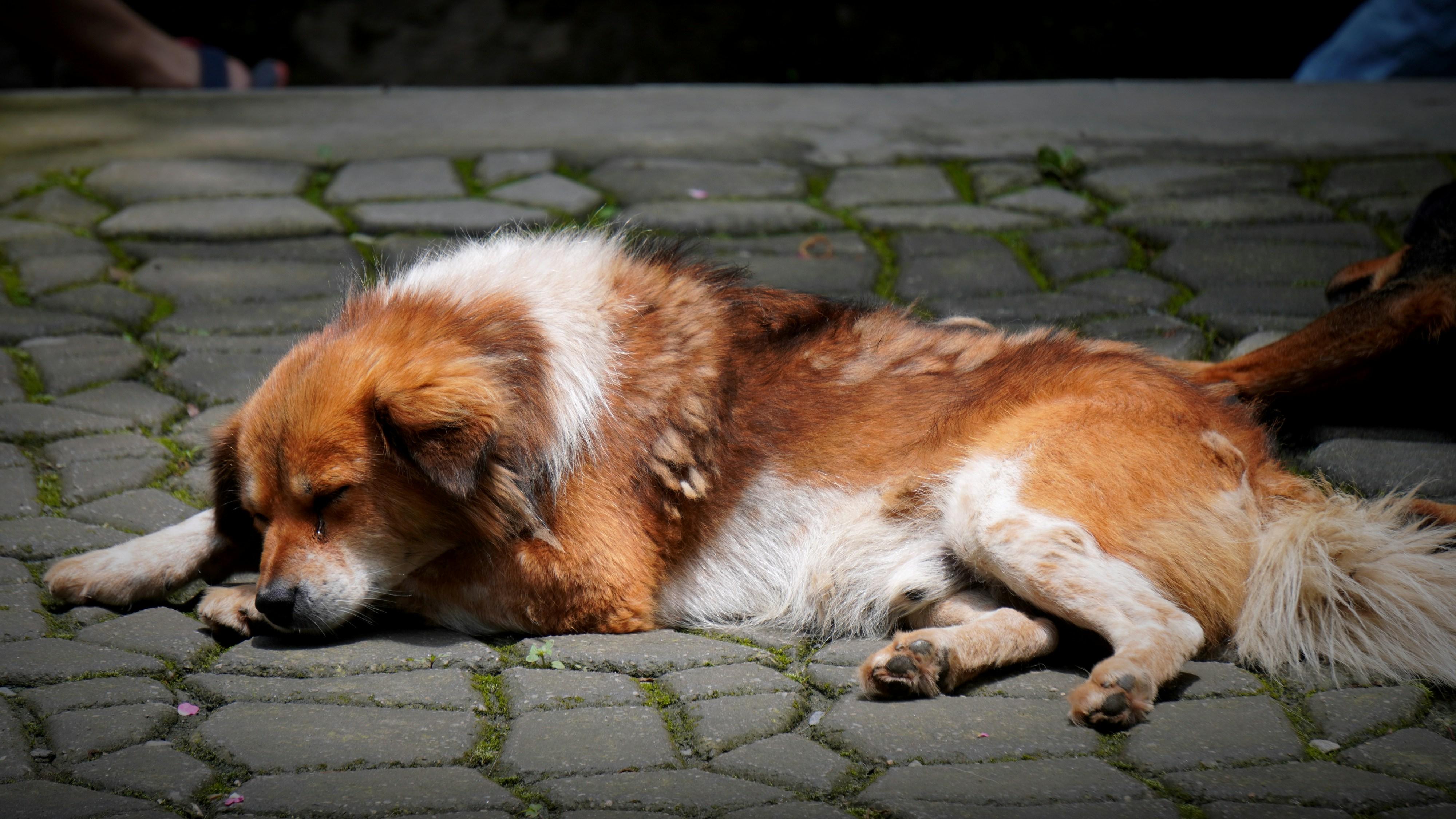Care for Your Dog After Neutering: Warning Signs & Recovery Tips

Neutering your dog is a responsible decision, but the real work begins after the surgery. How you care for your furry friend during recovery can make all the difference in preventing complications and speeding up healing. This guide breaks down everything you need to know — from spotting warning signs after neutering dog to feeding, comfort, and emotional support. Let's help your buddy bounce back better and stronger with the support of trusted brands like Biakwe.
Understanding Dog Neutering
What is Dog Neutering?
Neutering is the surgical removal of a male dog's testicles. It’s done to prevent reproduction and reduce certain unwanted behaviors.
Why Owners Choose to Neuter
-
Prevent unplanned litters
-
Reduce aggression and marking behavior
-
Health benefits like lower prostate disease risks
Myths vs Facts
-
Myth: Neutering makes a dog lazy.
-
Fact: Energy levels are more about diet and exercise.
-
Myth: Neutered dogs lose their personality.
-
Fact: They often become calmer, not dull.
First 24 Hours Post-Surgery
What to Expect Immediately
Your dog might be groggy from anesthesia, disoriented, or a bit cranky. Don’t panic — this is normal.
Behavioral Changes
He may whine, pace, or seem tired. These are normal signs of healing and drug effects.
Pain Management
Your vet may prescribe pain meds. Stick to the schedule. Don’t give human meds unless instructed — some can be toxic to dogs.
Warning Signs After Neutering Dog
Knowing what’s normal and what’s not is critical. Here are some red flags you should never ignore:
-
Bleeding or pus from the incision
-
Foul odor
-
Swollen testicle area
-
Lethargy that worsens
-
Loss of appetite for more than 24 hours
-
Fever or shivering
-
Vomiting/diarrhea
If you notice any of these, contact your vet ASAP. To get more recovery tips and professional guidance, visit the full guide at neutered-dog-care.
Common Complications of Neutering a Dog
Infections
Redness, warmth, and discharge can indicate infection.
Swelling & Bruising
Mild is okay. Excessive? Call the vet.
Internal Bleeding
Look for pale gums and extreme fatigue.
Licking the Incision
Leads to infections. Keep that cone on.
Setting Up a Comfortable Recovery Space
Create a healing environment:
-
Quiet corner away from foot traffic
-
Soft bed and favorite toy
-
No slippery floors or stairs
Feeding Your Dog After Neuter Surgery
Appetite Changes
It’s common if he’s not hungry for a day. Keep offering food and water.
Best Food for Neutered Dogs
Neutered dogs often gain weight due to hormonal changes. Choose low-fat, high-protein options. Go for kibble specially made for neutered pets or vet-recommended brands.
Hydration Is Essential
Fresh water should always be within reach.
Activity Restrictions During Recovery
How Long?
Keep your dog calm for 10–14 days.
Walk Guidelines
Short, slow walks on a leash only. No running or jumping.
Mental Stimulation
Use puzzle feeders, lick mats, or just spend quality cuddle time together.
Cleaning and Checking the Incision Site
-
Inspect twice daily
-
Don’t apply creams unless prescribed
-
Prevent licking or scratching
Emotional Changes in Dogs After Neutering
Mood Swings
Some dogs become withdrawn or overly clingy.
Aggression or Anxiety
Usually temporary, but monitor behavior.
Emotional Support
Routine, comfort, and affection can ease the adjustment period.
Dog Recovery from Neutering: Timeline
-
Day 1–2: Sleepy and sore
-
Day 3–5: Appetite returns, energy increases
-
Day 6–10: Healing speeds up
-
Day 14: Cone off (if cleared by vet)
Things You Should Avoid After Surgery
-
Bathing before 10–14 days
-
Rough play
-
Letting him lick the wound
-
Off-leash time outdoors
When to Visit the Vet Again
Follow-ups
Typically, 7–10 days after surgery.
Emergencies
Visit sooner if you see any severe symptoms mentioned earlier.
Long-Term Health After Neutering
-
Watch for weight gain
-
Provide balanced diet and exercise
-
Monitor hormonal behaviors
Neutering is beneficial, but it requires post-care commitment.
About Biakwe’s Role in Pet Care
Biakwe offers trusted resources for pet parents, especially during sensitive times like post-neutering. Their expert-backed content, like the neutered dog care guide, ensures you’re never in the dark about your dog’s health.
Conclusion
Your dog depends on you — especially after surgery. With the right care, a comfy space, attention to signs, and proper food, recovery can be smooth. Don’t ignore anything that feels “off.” And if you’re ever unsure, resources like Biakwe are here to help.
FAQs
1. How long does it take for a dog to fully recover from neutering?
Typically, 10–14 days. Full behavioral and hormonal adjustments can take up to 6 weeks.
2. Is it okay if my dog sleeps a lot after surgery?
Yes, it’s normal due to anesthesia. Let him rest but check for other warning signs.
3. What can I feed my neutered dog?
Choose low-fat, high-protein meals, especially if weight gain is a concern.
4. Can I take the cone off my dog early?
Only if the vet confirms the incision is healed and licking won’t occur.
5. Will neutering change my dog’s personality?
It might calm certain behaviors, but your dog’s core personality will remain the same.
Please don’t forget to leave a review.
- Vibnix Blog
- Politics
- News
- Liberia News
- Entertainment
- Technology
- EĞİTİM BİLGİLERİ
- Art
- Causes
- Crafts
- Dance
- Drinks
- Film
- Fitness
- Food
- Oyunlar
- Gardening
- Health
- Home
- Literature
- Music
- Networking
- Other
- Party
- Religion
- Shopping
- Sports
- Theater
- Wellness


